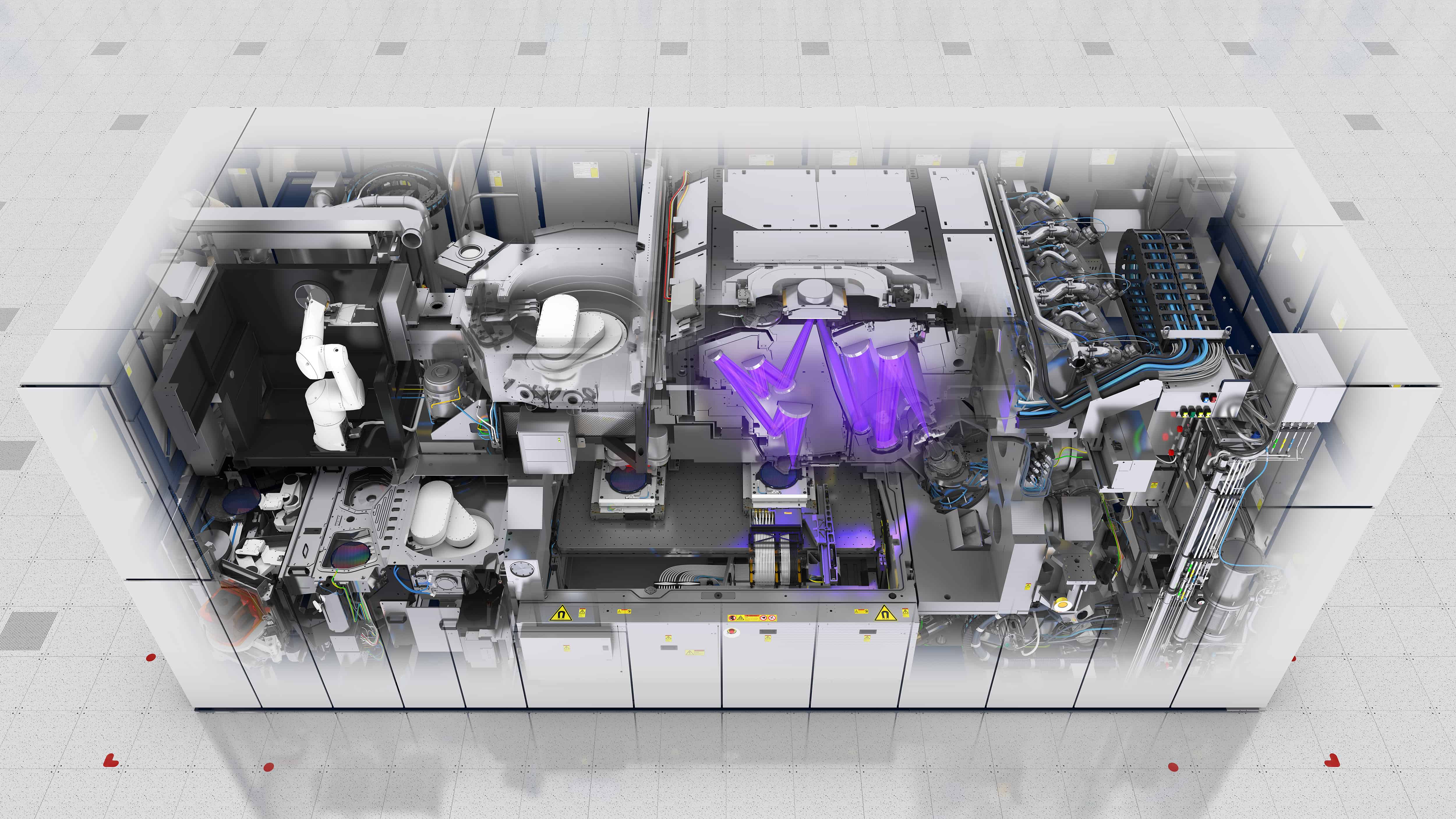
The Netherlands is making great strides in Arizona, the hotspot for chip technology. Chip machine manufacturer ASM International (ASMI) invests heavily in a research center, and ASML is establishing a training institute in Phoenix. These developments show how Dutch companies, with sales in the billions, are playing a vital role in the strategic expansion of the US semiconductor industry. This is happening against severe export restrictions to China, with Dutch companies such as ASML and ASM trying to mitigate their impact. With the US Chips Act and government financial incentives, cooperation between the Netherlands and the US is gaining momentum, with the Netherlands actively contributing to USchip production.
- Dutch chip companies are playing a crucial role in the strategic expansion of the U.S. semiconductor industry;
- The ‘Silicon Desert’ in Arizona is growing rapidly as a hub for chip technology, with ASML establishing a training institute in Phoenix and large investments from other companies;
- The cooperation between the Netherlands and the US is strengthened by the US Chips Act with an investment pot of $52 billion;
- NXP is also considering further expansion in the US with possible financial support from the US government.
Strategic expansions in the ‘Silicon Desert’
In the shadow of the global power struggle for technological dominance, Dutch company ASM International (ASMI) focuses on Scottsdale, Arizona. Here they are investing 300 million euros in a new research center. The expansion directly responds to the demand for advanced semiconductors and the strategic need to slow China’s technological advance.
This investment is only part of a more significant movement. The region, also called the “Silicon Desert,” is rapidly transforming into a hotbed of chip technology. The area is attracting companies specializing in developing critical technologies for the chip industry. This development is further bolstered by ASML, which is setting up a training institute in Phoenix to train thousands of employees.

Strategic expansions in the ‘Silicon Desert’
In the shadow of the global power struggle for technological dominance, Dutch company ASM International (ASMI) focuses on Scottsdale, Arizona. Here they are investing 300 million euros in a new research center. The expansion directly responds to the demand for advanced semiconductors and the strategic need to slow China’s technological advance.
This investment is only part of a more significant movement. The region, also called the “Silicon Desert,” is rapidly transforming into a hotbed of chip technology. The area is attracting companies specializing in developing critical technologies for the chip industry. This development is further bolstered by ASML, which is setting up a training institute in Phoenix to train thousands of employees.
The impact of export restrictions
Amid this expansion, Dutch chip companies face a challenge. The United States recently tightened its export policy to counter the development of Chinese chip technology. For companies like ASML and ASM, this has consequences. For example, ASML, the market leader in lithography machines, can no longer supply its older chip machines to China. These restrictions provide an uncomfortable backdrop for the trade mission, with Dutch companies trying to mitigate their impact in Washington.
Nevertheless, Dutch companies are continuing their expansion. The construction of new chip factories by giants such as Intel and TSMC creates additional work for suppliers. As a result, Dutch companies benefit from the growth experienced by the US chip industry.
Cooperation between the Netherlands and the US.
The US Chips Act further strengthens cooperation between the United States and the Netherlands. With an investment pot of $52 billion, this act offers opportunities for Dutch companies to be actively involved in redeveloping US chip production.
In addition, Dutch chipmaker NXP is considering further expansion in the US. This could take place with financial support from the US government. This potential expansion follows an earlier $100 million investment in new production lines for 5G chips by NXP near Phoenix.
The Netherlands’ future role in ‘Silicon Desert’
The trade mission, with Prime Minister Rutte and Minister Adriaansens at the helm, highlights the Netherlands’ crucial role in shaping the future of the chip industry in the region. The Netherlands is seen as a supplier and a strategic partner in the technological race against superpowers such as China.







